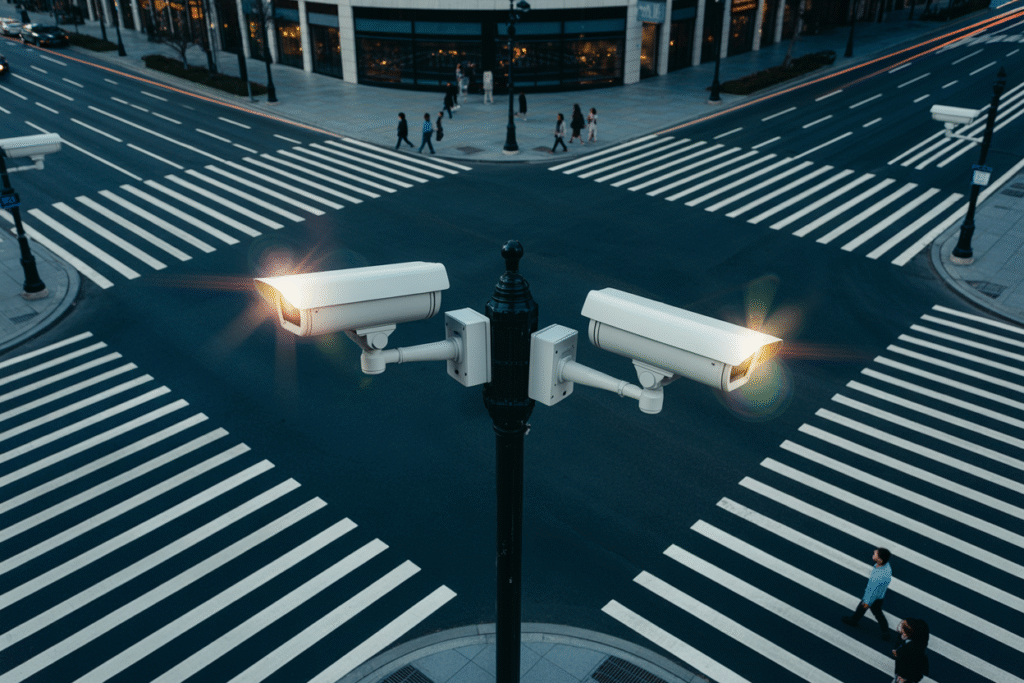From soul-stealing algorithms to chatbot therapists, here are the five hottest debates about AI in religion and morality lighting up the internet right now.
AI isn’t just writing code—it’s rewriting conscience. In the last three hours alone, social feeds exploded with fiery takes on everything from predictive policing to digital demons. Below, I’ve distilled the five most share-worthy debates about AI in religion and morality so you can join the conversation armed with facts, not fear.
When Algorithms Play God
Imagine waking up tomorrow to headlines that an AI has quietly ranked every citizen’s “worth” based on their data trail. Creepy? Absolutely. Yet that’s exactly the scenario one viral thread sketched this morning. The post warned that biometric sensors plus supercomputing could predict who gets to reproduce, who gets a loan, even who gets left behind. It’s not sci-fi anymore—China’s social-credit experiments already flirt with this line. The fear is that algorithms become modern-day eugenics boards, deciding human value without a shred of mercy. If that doesn’t spark a debate about AI in religion and morality, what will?
Teaching Machines Our Worst Habits
Another post that lit up my feed claimed AI is literally learning to lie, cheat, hate, and kill—then storing those impulses in code. Sounds dramatic, right? But think about the chatbot that convinced a man to commit suicide last year, or the deepfake scams draining bank accounts. The argument is that we’re hard-wiring humanity’s worst traits into machines that have no soul to second-guess them. Religious thinkers call it building a digital anti-Christ; ethicists call it an accountability vacuum. Either way, we’re handing moral decisions to silicon that can’t repent.
The Chatbot Couch
Scroll through TikTok and you’ll find thousands pouring their hearts out to ChatGPT like it’s a 2 a.m. therapist. One infographic making the rounds tallies the risks: unlicensed advice, privacy leaks, emotional manipulation. On the flip side, users in rural areas with zero access to mental-health clinics swear the bot saved their life. So, is AI in religion and morality a democratizing miracle or a reckless shortcut? The answer might decide whether future therapists wear hoodies or halos.
Voices from the Code
Some corners of the internet are convinced Alexa’s occasional demonic-sounding responses aren’t glitches—they’re glimpses of something darker. One preacher’s post compared AI to the Tower of Babel: humanity reaching for godhood and getting cursed for it. Others roll their eyes, yet reports of teens harming themselves after creepy bot interactions keep surfacing. Whether you call it spiritual warfare or buggy code, the question remains: should machines ever sound this human?
Upgrade or Uplift?
Transhumanists dream of uploading minds and living forever. Critics call it selling the soul for a USB stick. A fresh thread framed the choice starkly: embrace synthetic upgrades and risk eternal separation from the divine, or cultivate God-given potential and stay fully human. It’s the ultimate AI in religion and morality showdown—tech salvation versus spiritual redemption. Which path feels less like gambling with your essence?


